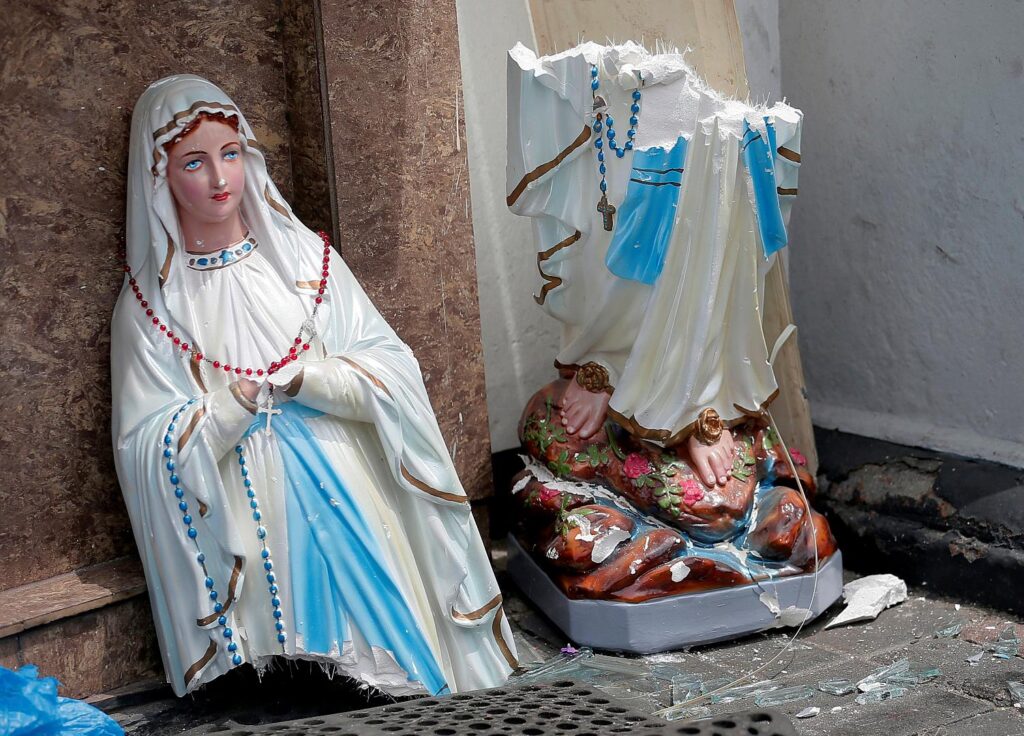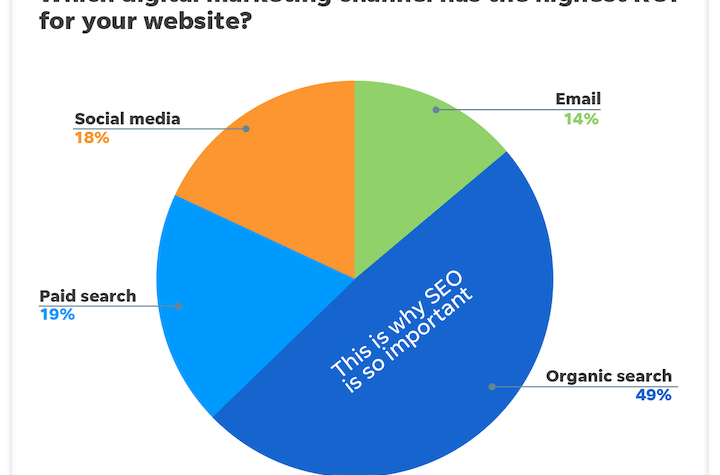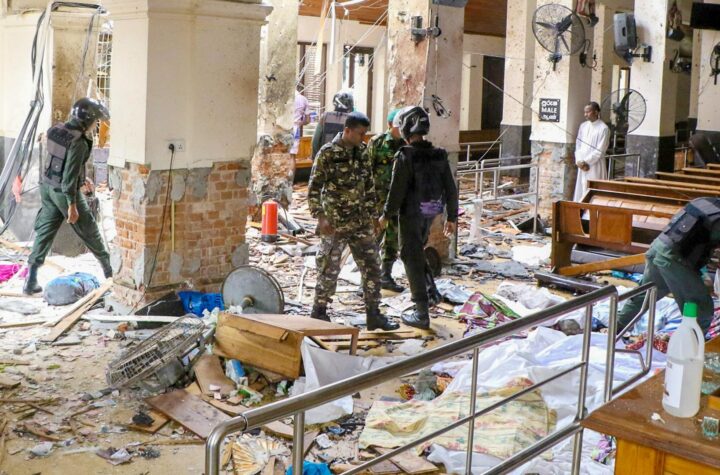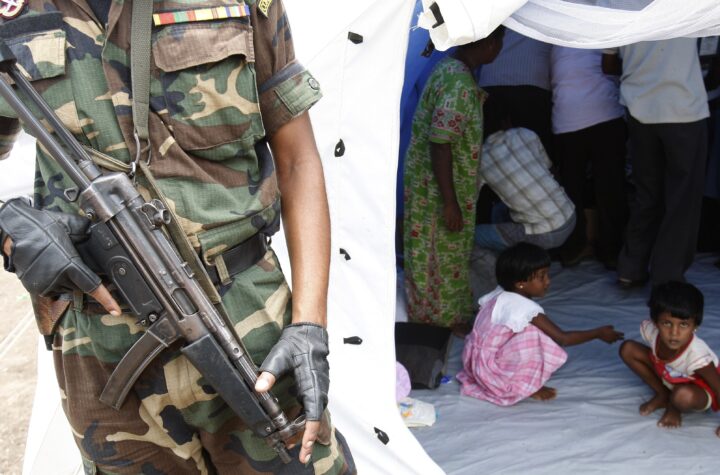
Sri Lanka was hit on Sunday by a series of attacks on luxury hotels and churches celebrating Easter Mass, killing more than 200.
What happened ?
Powerful explosions occurred in the early morning, around 8:30 am to 9:00 am local time, at three luxury beachfront hotels in the capital Colombo. The affected establishments, Shangri-La, Kingsbury and Cinnamon, are located within a few hundred yards of each other.
At Cinnamon, a suicide bomber, a Sri Lankan who had checked in at the hotel the day before under the name of Mohamed Azzam Mohamed, set off his bomb in the line of customers, who came to enjoy an Easter buffet in a restaurant of the establishment.
At Shangri-La, the restaurant was also ravaged.
In parallel, explosions struck three Catholic churches where the faithful were gathered to celebrate Easter Mass, causing carnage. The famous Saint Anthony Church in Colombo, the Saint Sebastian Church in Negombo, a locality located about thirty kilometers north of the capital, and another church in the town of Batticaloa, on the other side of the Sri Lanka, on the eastern coast.
A few hours later, two new explosions occurred. One hit a hotel in Dehiwala, a southern suburb of Colombo. Another occurred in a house in Orugodawatta, a northern suburb of the capital, where a suicide bomber blew himself up during a police operation.
There are a total of eight explosions.
Who are the victims ?
The latest official toll shows 207 dead but could be further worsened. More than 450 people were injured.
Dozens of foreigners are among the victims, in this country very popular with tourists for its paradisiacal beaches and its green nature.
According to medical sources, British and American nationals in particular were killed. A 54-year-old Dutch woman died at the Cinnamon Hotel, according to public television NOS. A Portuguese has died, according to the LUSA agency. Two Chinese are also among the killed, according to the Chinese embassy in Sri Lanka quoted by the China news agency.
Who is responsible ?
The attacks have not been claimed at this point. Prime Minister Ranil Wickremesinghe declined to name any suspects.
According to official documents consulted by AFP, the head of the national police force warned her services ten days ago of the risk of suicide attacks against churches and the Indian embassy in Sri Lanka by an Islamist movement called National Thowheeth Jama ‘ath (NTJ).
He cited, for this warning, information from “a foreign intelligence agency” . It was not immediately known whether this group had any connection to the Easter attacks.
How did Sri Lanka react?
The government has implemented a curfew “until further notice” . He also called for the temporary blocking of social networks to counter the spread of “false or incorrect” information .
Three people were arrested at this point, police said.
The authorities have tightened security checks at Colombo airport. Sri Lankan Airlines has advised its customers to arrive four hours before their flight.
Airline passengers will be able to cross roadblocks on the airport road during curfew by presenting their passports and tickets, the airline said.
Embassies in Sri Lanka have called on their nationals to avoid travel and stay away from public places.





More Stories
Search Engine Optimization Market Massive Growth in Asia countries
21 dead in Sri Lanka bombing
Sri Lanka: UN concerned about humanitarian situation after end of conflict